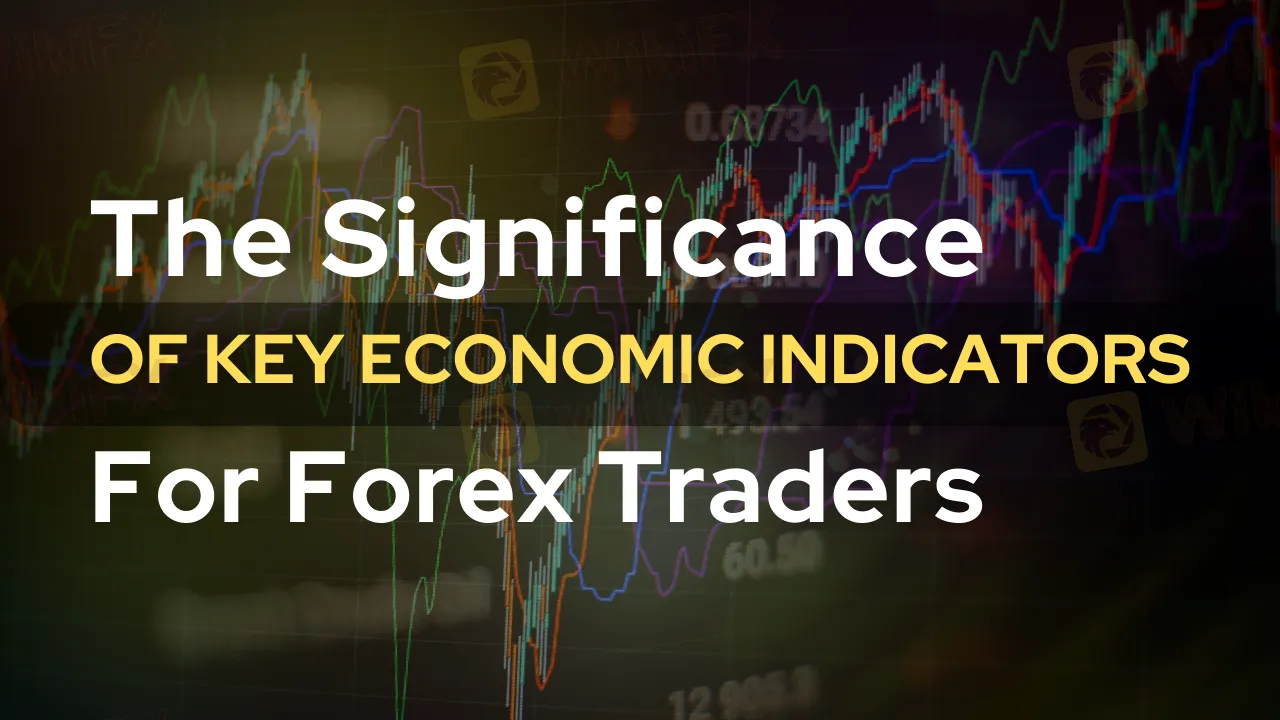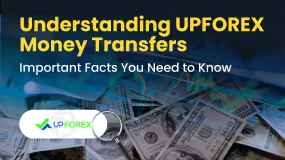Abstract:Discover the pivotal economic indicators influencing forex trading, from interest rates to GDP and employment data. Learn how these factors drive currency fluctuations and how traders can navigate the complexities of global events for informed decision-making in the forex market.

Forex trading, which involves the exchange of one currency for another on the foreign exchange market, is heavily influenced by economic indicators. These indicators provide insights into the health and direction of an economy, which in turn can cause fluctuations in currency pairs.
Here's a deeper dive into some of these pivotal economic signals
Interest Rates
Definition: Interest rates determine the cost of borrowing money. When a person or company borrows from a bank, they pay an interest rate on top of the principal amount.
Impact on Forex: High-interest rates can lead to a stronger currency as it offers better returns to foreign investors. Conversely, lower interest rates can weaken a currency.
Broader Economic Implications: High rates can deter businesses from taking loans, thus impeding investments, while encouraging savings over expenditure by consumers. Conversely, low rates can boost business investments and consumer spending.
Trading Challenges: Rates alone aren't decisive. Even if a rate remains unchanged, market reactions can be unpredictable due to various other economic factors.
Consumer Price Index (CPI)
Definition: CPI measures inflation, i.e., the rate at which the general price level of goods and services rises, reducing purchasing power.
Importance for Traders: Inflation directly influences monetary policies. Central banks, like the Federal Reserve (Fed), aim to keep inflation around a target, often 2%. High inflation can lead central banks to increase interest rates to stabilize the economy, affecting currency strength.
Real-world implications: Rising CPI without a corresponding increase in wages can burden consumers. They may face challenges in affording necessities, which can slow down overall economic growth.
Gross Domestic Product (GDP)
Definition: Represents the total monetary value of goods and services produced by a country over a specific time, signaling the health of its economy.
Implications for Forex: A robust GDP growth often strengthens a currency because it indicates a prosperous economy. However, extremely rapid growth might incite inflationary fears, leading to higher interest rates and mixed reactions in forex markets.
Employment Data
Definition: This metric offers insights into a country's job market. Components include unemployment claims, unemployment rate, hourly wages, and reports like the U.S.'s Non-Farm Payrolls (NFP).
Relevance to Traders: Employment data is a direct indicator of consumer spending power. A strong job market (low unemployment and rising wages) can boost a currency as it suggests higher consumer spending and, consequently, economic growth.
Caveats: Rising employment without matching wage growth can be a negative signal, as it suggests that the quality of jobs created might be low, or the benefits of economic growth aren't being equally distributed.
Other Factors to Consider
Forex markets are complex and influenced by various geopolitical and economic events. Thus, while these indicators are paramount, traders should also consider political stability, global events, trade balances, and other country-specific news.
In Conclusion
Forex trading requires a comprehensive understanding of both technical and fundamental analysis. Economic indicators provide critical insights into how a country's currency might move, but traders must interpret them in the broader context of global events. By staying informed and understanding the interconnected nature of global economies, traders can make more informed decisions in the dynamic world of forex trading.

Disclaimer:
The views in this article only represent the author's personal views, and do not constitute investment advice on this platform. This platform does not guarantee the accuracy, completeness and timeliness of the information in the article, and will not be liable for any loss caused by the use of or reliance on the information in the article.









